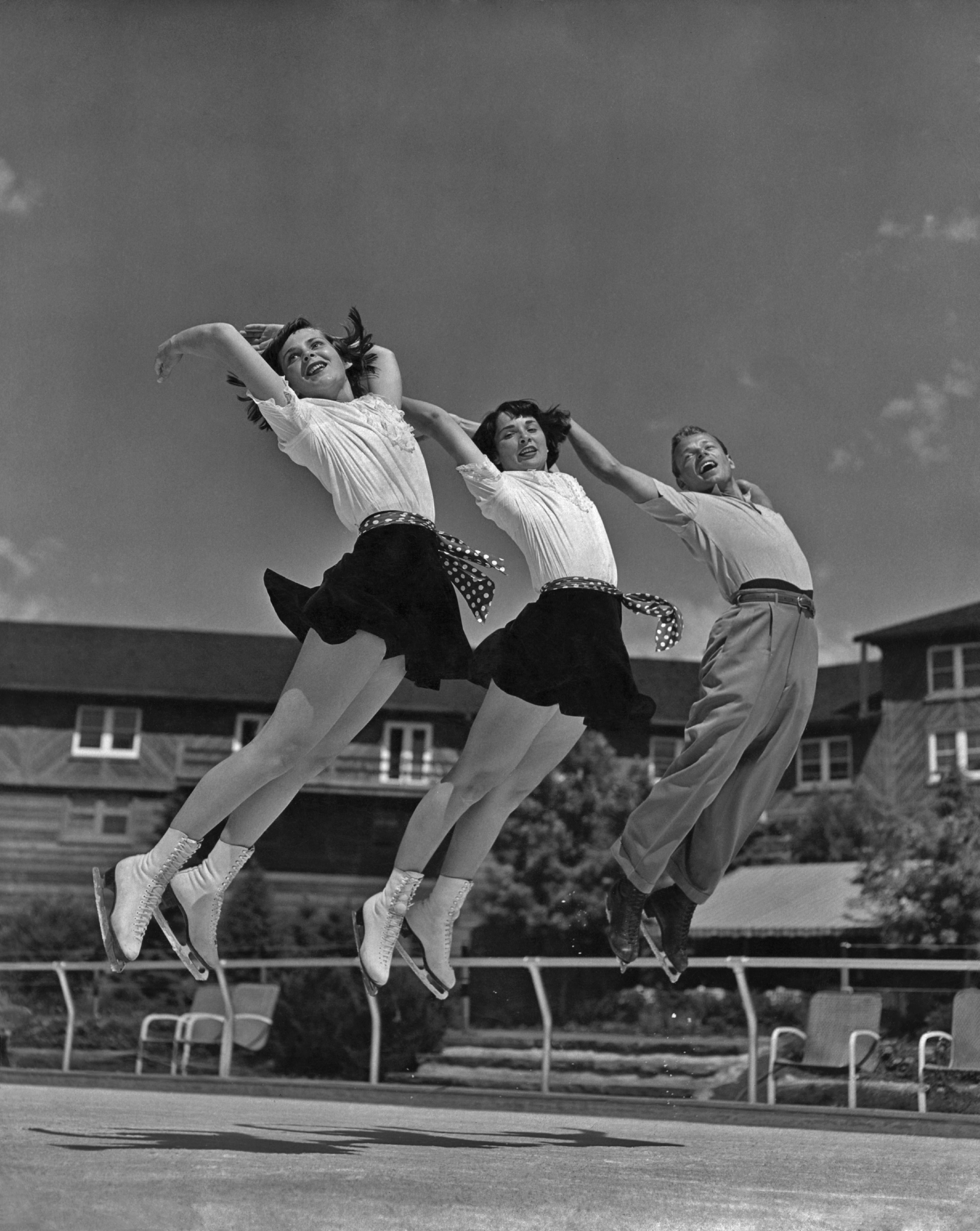
The grind is real, and our energy levels have taken a hit. The obviousness of this has reached public polling: an increasing number of Americans are reporting cognitive weariness, emotional exhaustion, and physical fatigue. People feel worn out by current events, by their work, and by mounting general stress.
This may be why there’s a cottage industry of self-proclaimed experts on social media sharing tips for how to feel less tired throughout the day. Some videos on TikTok promising to teach you how to boost productivity and not feel tired have millions of views.
The issue, however, is that much of the advice shared isn’t necessarily grounded in science. But there are actions (supported by studies) that can help. Critically, there is a caveat that you often don’t encounter on social media: what works for some people isn’t guaranteed to help all. Meanwhile, the steps you can take to feel more energized are likely more simple than you realize.
Here are four things you can do.
4. Limit caffeine consumption
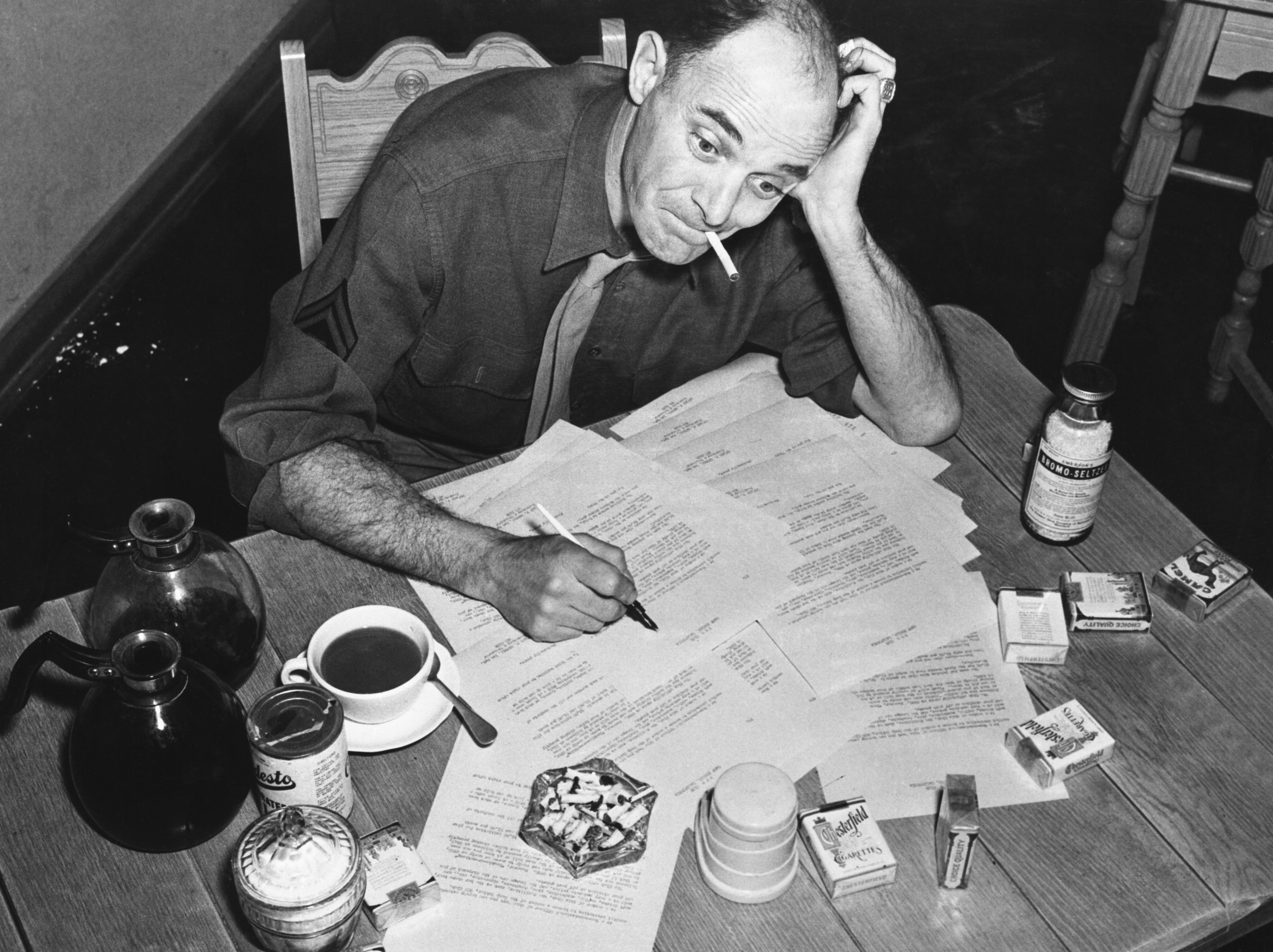
Limiting caffeine consumption is one of the most underappreciated ways to maintain energy throughout the day, says Judith Wylie-Rosett, a professor emerita at the Albert Einstein College of Medicine.
“While a cup of coffee gives us a boost, we tend to feel fatigue as the effects of the caffeine wear off,” Wylie-Rosett says.
Caffeine increases alertness, but this change is temporary. The maximum effect of coffee is typically felt between 30 to 60 minutes after you finish your cup. Because caffeine temporarily suppresses tiredness, that feeling returns once your body returns to its normal state.
“If you’re sleeping less and you’re stressed, and you rely on caffeine to improve it, it’s just a perfect storm for a short-term solution that’s going to make things much worse in the long term,” Mark Stein, a professor at the University of Washington, told The New York Times. “You’re going to be adding more shots to your espresso, but the negative impact on your sleep is going to continue, and that is cumulative.”
Tiredness after having coffee is also a result of its effect on blood sugar and dehydration. For the best effects, have coffee after your breakfast and limit the cream and sugar you add to your cup. Research suggests four cups of coffee a day should be your limit — but because caffeine tolerance depends on the individual, some experts say generally cutting back on how much you consume is probably best.
3. Have a consistent sleep schedule
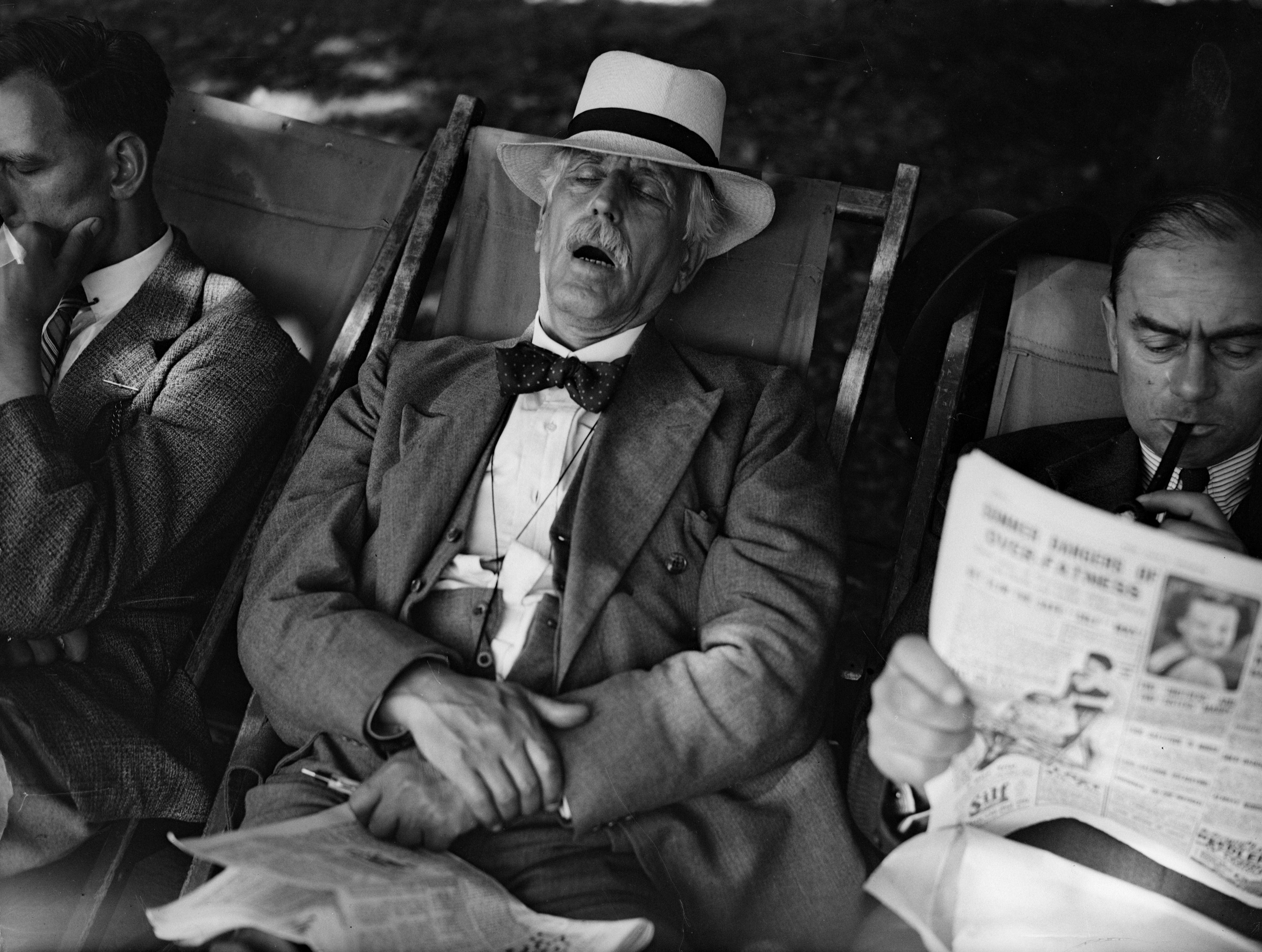
Instead of trying to “catch up” on sleep and stay in bed until noon after nights with too few hours, maintaining the same sleep schedule is recommended for boosting physical and mental health. This should include the recommended hours of sleep for your age group — for adults, this is seven or more hours a night.
Wylie-Rosett explains that varying sleep times can disrupt our necessary sleep cycles. Irregular bedtime schedules result in insufficient sleep and poor sleep quality. Accordingly, structured sleep schedules are associated with an improved alignment between sleep and circadian timing.
Consistent sleep schedules, in turn, are known to result in better health, improved mood, and improved performance — whether that be at school or at work.
2. Stay hydrated
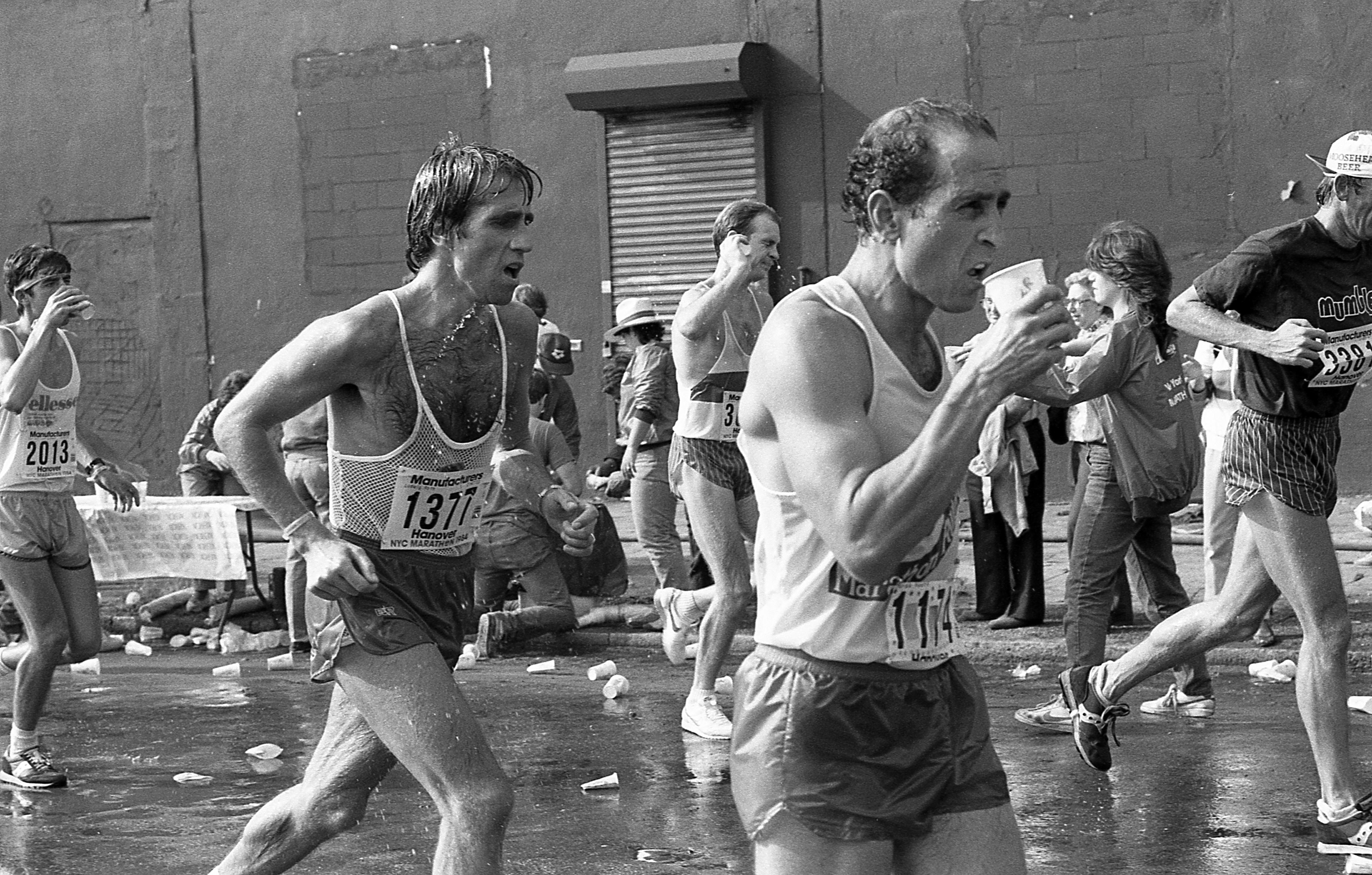
One of the first signs of fatigue is dehydration. Even mild dehydration is associated with decreased alertness, increased sleepiness, and confusion.
The relationship between dehydration and energy is bidirectional — dehydration can make you tired and poor sleep and cause you to be dehydrated.
For example, a 2018 study published in the journal Sleep found that those who only managed to sleep six hours a night were much more likely to be dehydrated than those who slept eight hours a night. This relates to a hormone called vasopressin which regulates hydration. While it’s released throughout the day, a pivotal moment for this hormone is late in the sleep cycle. But if are awake during this window of time, it can disrupt the body’s hydration.
“If you are only getting six hours of sleep a night, it can affect your hydration status,” lead author Asher Rosinger, an assistant professor at Penn State, said in a statement. “This study suggests that if you’re not getting enough sleep, and you feel bad or tired the next day, drink extra water.”
1. Pay attention to what you eat and when you eat
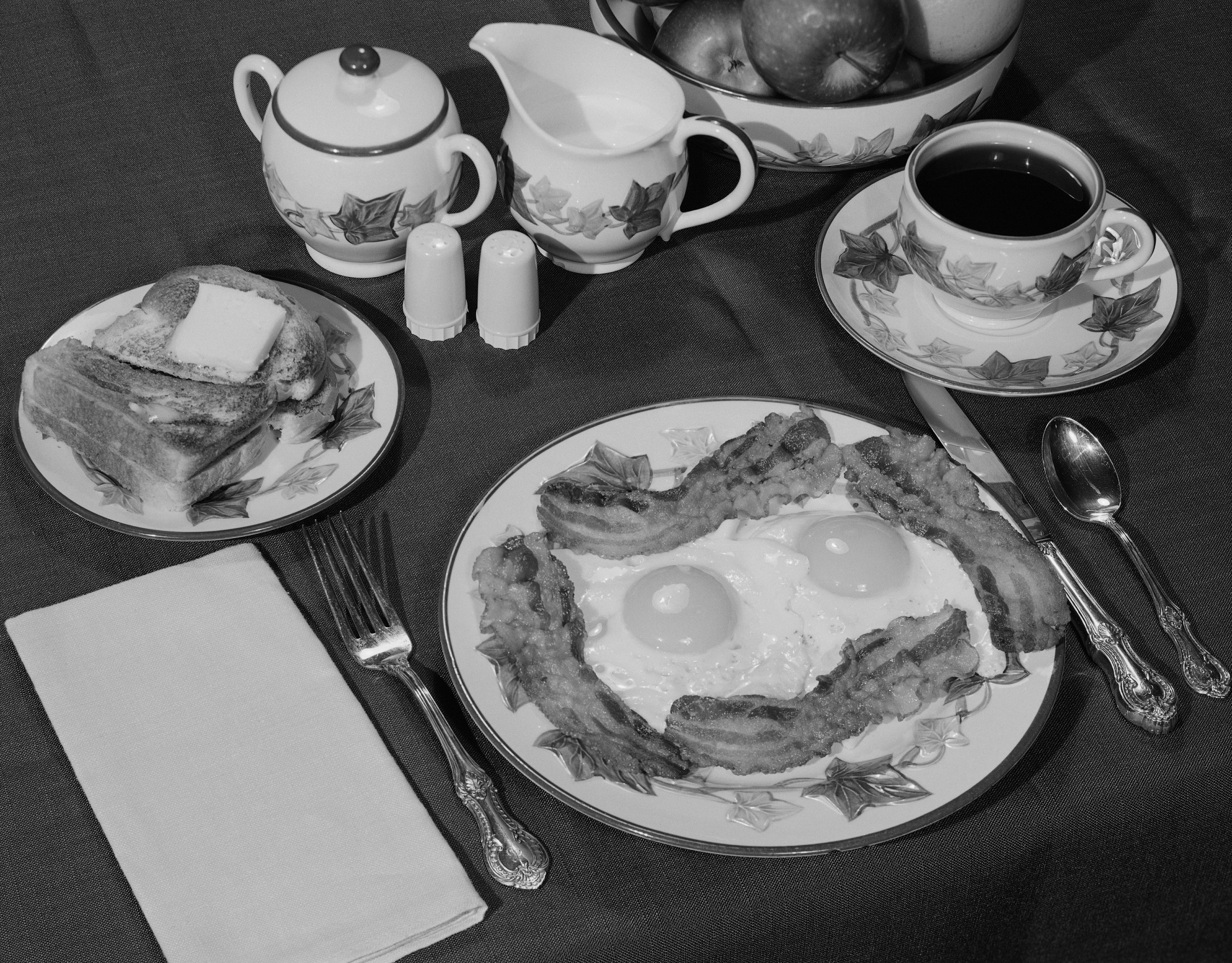
Certain foods are known to contain helpful nutrients for maintaining energy. Some of these include:
- Avocado
- Broccoli
- Apples
- Tomatoes
- Nuts
- Oatmeal
Generally, eating processed and ultra-processed foods — such as chips, sweetened breakfast cereals, and anything with high fructose corn syrup — is associated with a greater risk of disease and worse sleep.
Wylie-Rosett says a growing body of research says two full meals a day might be better for our energy levels than three, while some dieticians recommend that we eat five or six smaller meals and snacks throughout the day (with at least three hours between our last meal and bedtime).
But ultimately, it's the quality of the food that matters, says Wylie-Rosett. She recommends focusing on increasing your amount of fruits and vegetables and points to the “MyPlate” graphic developed by the U.S. Department of Agriculture as a helpful guide for balancing what you eat.







